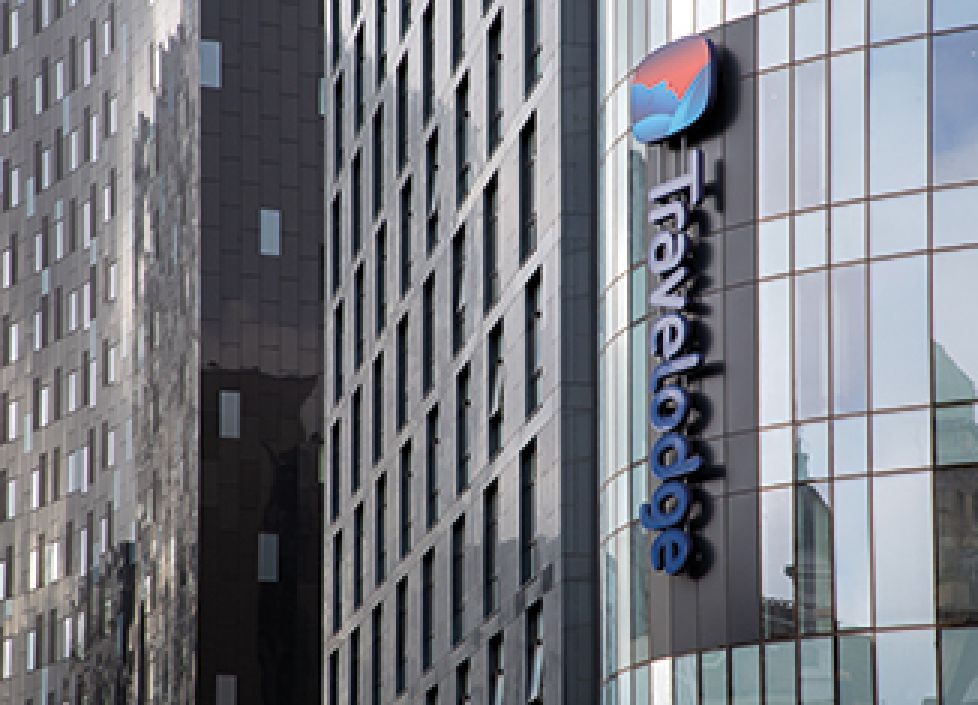The global hotel investment market saw a +53% increase in transaction volumes during Q1 2010 as they reached $2.8bn compared to the $1.8bn transacted in Q1 2009, according to Jones Lang LaSalle (JLL).
Europe, Middle East and Africa (EMEA) remained the most active region as it recorded $1.1bn of hotel sales, a +46% increase for the same period in 2009, whilst the Americas region recorded Q1 2010 sales worth $991m, a +70% increase with the Asia Pacific region seeing $736m in sales, giving a rise of +43%.
Arthur de Haast, global CEO of JLL Hotels, said: “With a more positive investor sentiment for hotel real estate assets, transactional activity has accelerated significantly since the start of the year. As the global credit markets have begun to ease there is a greater weight of capital targeting the market for acquisition opportunities. We have also witnessed a noticeable increase in stock being offered to the market with increased sale activity from banks and other lenders who have taken control of more assets over the last year in an attempt to reduce their hotel loan portfolios.”
Institutional investors remained the most prolific investors across EMEA in line with 2009, as they sought assets in secure Western European markets with stable incomes, and were responsible for more than a third of buying activity in the region. In the Americas investor interest remains strong from domestic buyers but also international groups, which accounted for 34% of all transaction during Q1 2010.
De Haast said: “The global hotel investment market during 2009 was plagued by a deficient debt market and a lack of quality stock, but the start of 2010 is already showing healthy signs for transactional activity, which should set the tone for the remainder of the year. While buyers and lenders remain cautious, funding is increasingly available for the right deals and coveted prime assets in key gateway cities are becoming more available driven partly by the sale of individual hotels by the banking industry, but also a better balance between buyer and vendor expectations on pricing.”
The monthly magazine providing news analysis and professional research for the discerning private
investor/landlord




















